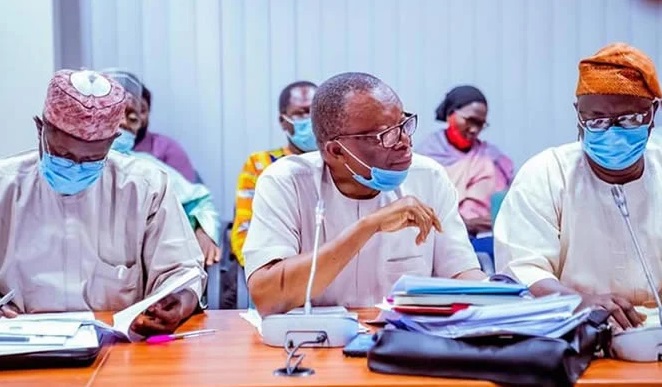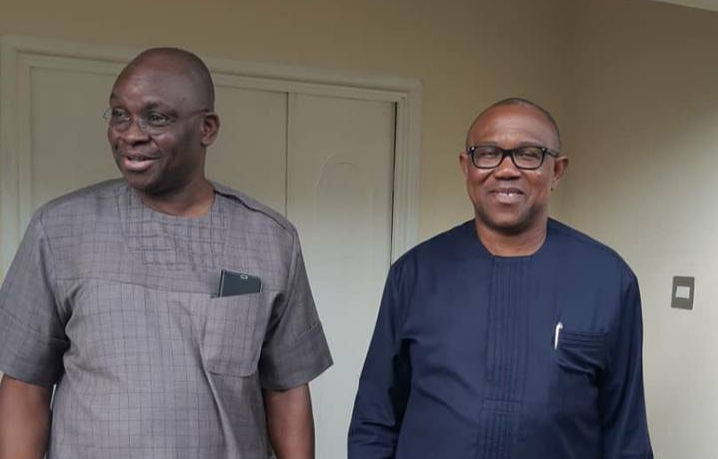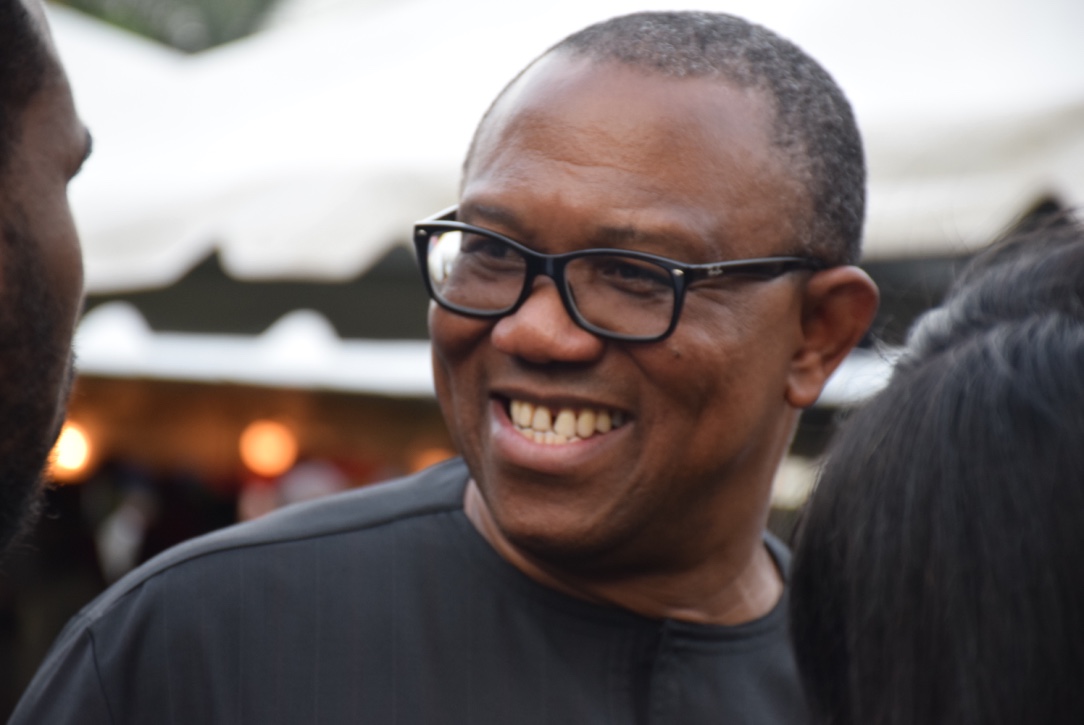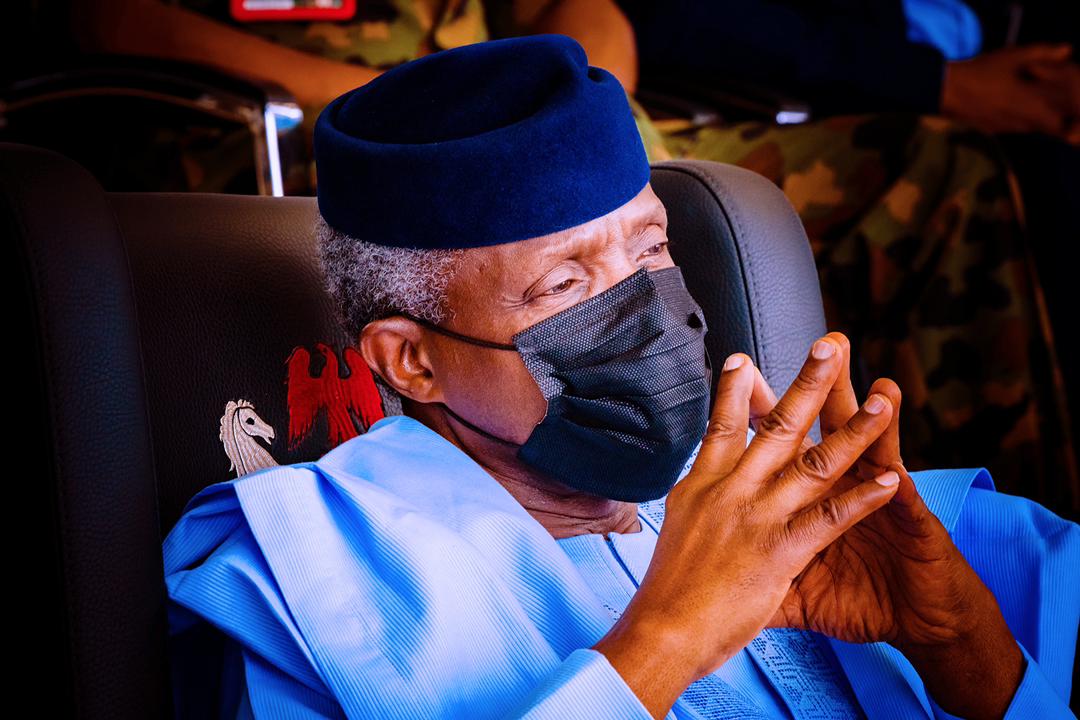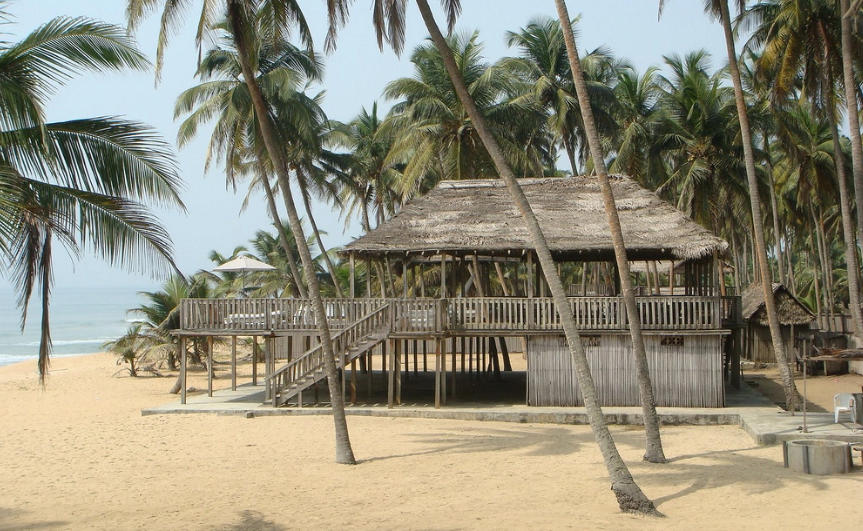At least, 1.2 million students in Nigeria’s 49 federal government-owned universities have been at home for two months now, no thanks to the ongoing strike by members of the Academic Staff Union of Universities (ASUU). As usual, the country has carried on as if nothing is amiss.
Apart from ASUU that keeps begging well-meaning Nigerians to prevail on the authorities to honour its agreement with the union, there has been dead silence from civil society organisations, parents and even the affected students themselves. Rather, the noise around town now centres around 2023 and who gets what based on political calculations. We have chosen to be excited by our politicians’ gimmicks again. The political class has never helped us; unfortunately, we have refused to learn from history.
To add salt to our injury, none of these political gladiators is even talking about Nigerian students. None is talking about the country’s decayed education sector or the plight of those currently at home without hope. That shows the level of priority accorded to the sector by people jostling for power in our dear country.
We can’t blame them. Many of these politicians don’t have any child in these public institutions and those who do are probably planning on how to relocate them abroad. You can only empathise with people when you feel their pains. Nigeria’s political elite live in another world. Their children are in some of the best institutions outside the country’s shores, so they don’t care and probably don’t even know what is happening to students in Nigerian universities. They may not even know if there is anything called ASUU strike in Nigeria.
Advertisement
When the ‘Bill for an Act to Regulate International Studies for Wards and Children of Nigerian Public Officers, to Strengthen Indigenous Institutions, Provide Efficient Educational Services for National Development; and for Related Matters’ was introduced in the house of representatives on March 3, 2022, it failed to pass the first reading. It is not surprising that the reps rejected the bill. The political class knows that the soup they are cooking for Nigerians is bitter, so they don’t want to partake of it!
ASUU has told us that there will be no resumption in public universities until the re-negotiated 2009 agreement is implemented and the University Transparency and Accountability Solution deployed. The union said government is owing its members 12 years of earned academic allowances and that they have been 13 years on old salary when political appointees and elected people in government enjoy periodic review of allowances and salaries.
Well, talking about lecturers’ salaries, I guess many Nigerians may not really know how bad the situation is in our universities. Personally, I don’t know how and why ASUU has lived with the miserly salaries of its members in the face of spiral inflation over the years. The union keeps talking about decayed infrastructures, lack of equipment and facilities in our universities, but rarely talk about their depressing salaries and emoluments. Probably this is the case because members are too ashamed to let the cat out of the bag in their bid to continue to command the respect of the populace. I am not sure many people are aware that a professor on the last bar of professorship salary scale in Nigerian universities earns less than N500,000. Mind you, we are talking about professors with over 20 years’ experience here.
Advertisement
When a very senior and prominent professor in this country disclosed what he was earning about 15 years ago, I couldn’t believe my ears. I can’t mention his name here because I do not have his permission to do so, but trust me, the lecturer in question is a professor emeritus well respected home and abroad, and who has won so many international awards and received accolades for his input towards higher education delivery globally. He has not only occupied prominent national position, but is also well known for his contributions to the United Nations higher education system. But as impressive as the CV is, even back then, I knew journalists in Nigerian newspaper houses who earned far more than him. Fast forward to 2021, nothing has changed. I had the privilege of seeing the pay slip of another internationally acclaimed prof, one of Nigeria’s best in the field of Communication today, and the salary is to say the least depressing.
I came across a post on a friend’s Facebook wall recently where he was talking about one of his PhD holders’ friends in the University of Lagos, who despite his many years of experience, is on a salary of N142,000 per month. According to him, his friend lives in Ikorodu and goes to UNILAG to lecture. He spends most nights in the office to save himself the suffering of commuting every day. He has to do that because his salary can’t get him a decent accommodation in town.
He cited another example of a friend who earned lesser than what the UNILAG teacher was earning though also a PhD holder. Unfortunately, this lecturer does not have office space, so he uses his car as his office. From the reactions to that post, it was obvious that many people don’t really know what is going on in our universities. These are common things. I have friends that are associate profs who sleep in their offices for three days in a week. I know PhD holders that practically sleep on campus and go home weekends. They have to do that to conserve their meagre resources and save themselves from the trouble of commuting from their houses – usually in remote neighbourhoods where house rents are cheaper – to campus on a daily basis.
Do you know that the last time that the salaries of lecturers were reviewed in Nigeria was 12 years ago – precisely in 2010? So, when ASUU is adamant about a certain 2009 agreement, there is a lot to it. That is the agreement that stipulates the welfare package for lecturers, their entitlements, how their salaries should be reviewed from time to time, among others. The agreement is very comprehensive. It is high time ASUU distilled this into bullet points for easier understanding of the populace.
Advertisement
Honestly, I don’t know how ASUU members have been surviving. The salary is just too poor. They talk about the federal government owing them earned allowances in billions of naira and you think the money is for all of them. Meanwhile, the money is strictly for lecturers who teach postgraduate students, supervise postgraduate projects, or have excess workload, among others. Going through the so-called 2009 agreement, you realise that the allowances recommended are nothing to write home about considering the current economic realities.
Now, let’s see the breakdown of salaries of lecturers in our universities. According to an article on the structure of lecturers’ salaries published by University World News, Nigerian lecturers’ salaries range from about N99,768 to N342,442. A graduate assistant, usually with a first degree, and, ideally, a first-class pass, earns about N99,768 (about US$240) per month.
It takes three years to get to the position of an assistant lecturer with a monthly salary of N114,464 (US$275). A lecturer II must have a master’s degree with two years’ teaching experience, though a PhD holder without teaching experience, qualifies and earns N130,002 (US$313) monthly.
A lecturer I, a rank below senior lecturer, requires a PhD with a minimum of five years’ teaching and research experience. The salary is N163,709 monthly (US$394).
Advertisement
A senior lecturer must have a PhD, at least eight years’ teaching experience, as well as publications in both local and international journals and the salary is N231,393 per month (US$557).
A reader or associate professor, which is a rank below professor, must have at least 12 years’ teaching and research experience, publications and earns N281,867 per month (US$678). A professor earns N342,442 (US$824) monthly and it takes an average of 15 years of teaching and research to become one.
Advertisement
Recently, Professor Chima Onouha of the University of Port Harcourt said professors at the last bar of their pay structure go home with a paltry N416,000 take-home every month. Meanwhile, they have to spend part of this money to attend conferences and publish their articles and books.
Do we need any soothsayer to tell us that this country cannot develop with this kind of arrangement? Isn’t it obvious that anyone waiting for Nigerian researchers to solve the problem of our technological backwardness will wait in vain? How can anyone do anything reasonable in this kind of situation?
Advertisement
I think we should be thanking every good lecturer in Nigeria’s university system today. We may also need to correct this erroneous impression that the lecturers back home are the less endowed or those that are not smart and that the good ones always find their way out of the country. Recently, I met a lecturer, who had a first class and won a scholarship for his doctoral programme in the UK. He teaches at the Lagos State University. He isn’t here for lack of opportunities to teach abroad, but he chose to remain here. He wants to make impact here. That is the proper way to think. But we have turned everything upside down in Nigeria.
Today, Nigerians are going through a second level of slavery abroad. While our forefathers were forced into slavery by their white slave masters, many of us are now willingly buying our way into slavery. People invest millions of naira just to leave the country with their degrees to become janitors, dish washers in foreign lands – this is a story for another day. Should all the bright lecturers in Nigeria relocate abroad, what happens to our higher education institutions?
Advertisement
We are all aware of the implication of brain drain and the pivotal role of intellectualism in knowledge economy. Even President Muhammadu Buhari in 2020 approved some incentives for primary and secondary school teachers to prove this point. Why is government reluctant in implementing an agreement that has to do with the welfare of lecturers for this long? Honestly, what Nigeria pays its lecturers is an insult to the profession!
Olabisi Deji-Folutile (PhD) is the editor-in-chief of franktalknow.com and a member of the Nigerian Guild of Editors. Email: [email protected]
Views expressed by contributors are strictly personal and not of TheCable.
Add a comment

